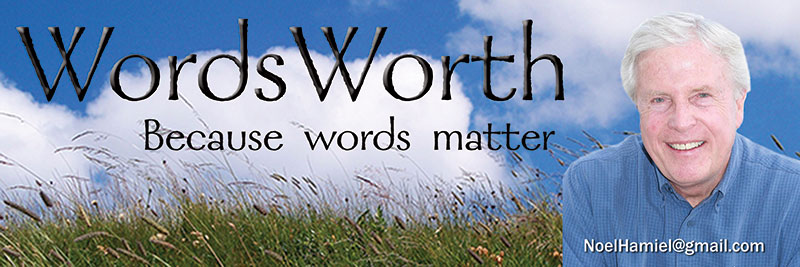Presumptive: “Providing a reasonable basis for belief or acceptance.” – The American Heritage Dictionary
A reader writes:
“I am tired of hearing the word ‘presumptive.’ Is it a new word or am I out of touch?”
First of all, the note is appreciated, not only from this reader, but others.
No, the reader isn’t out of touch, and in this day of 24-hour news cycles, it is easy to become inundated with recycled news stories.
Television – networks and cable – need to fill air time and it becomes repetitive, forcing repeated phrases and words on the listeners.
Newspapers can more easily deal with the challenge of covering the news. If more stories are breaking, a newspaper can simply add more pages, thereby providing readers with more information, which they can read or re-read as often as they would like. It is an active exercise and one a reader controls, as compared to passively watching television.
But back to “presumptive.” It does seem as though national reporters, especially broadcast media, latch onto a word and cling to it like a dog with a bone. Nearly every report on Hillary Clinton or Donald Trump employs “presumptive” in describing the candidate.
Why reporters don’t search for other words – “likely” and “probable” come to mind – to add a bit of variety without sacrificing accuracy is a fair question.
The tendency to use over and over certain words and phrases has been a topic in this space before. One example, “at the end of the day,” thankfully, seems to be running its course. Others are taking its place.
One word that has seen renewed use in recent days following the killings in Orlando is “massacre.” It has been identified by numerous reporters as a description for the tragedy, and certainly is an appropriate word. It means “slaughter,” which is what occurred in Orlando. It also is defined as “savage and indiscriminate killing.” Whether reporters will also use other words in coming days – such as carnage, bloodletting, execution – remains to be seen.
Words are fascinating. They allow us to communicate with one another and make our ideas known. Their use, and misuse, has been a lifelong interest, which is a segue to a comment from another reader.
“You recently wrote about your daughter turning 40, but didn’t you use the wrong word at the top of your column? Shouldn’t you have used the word “passed” instead of “past.”?
The reader is right. I stand corrected, and with thanks.
June 22, 2016
